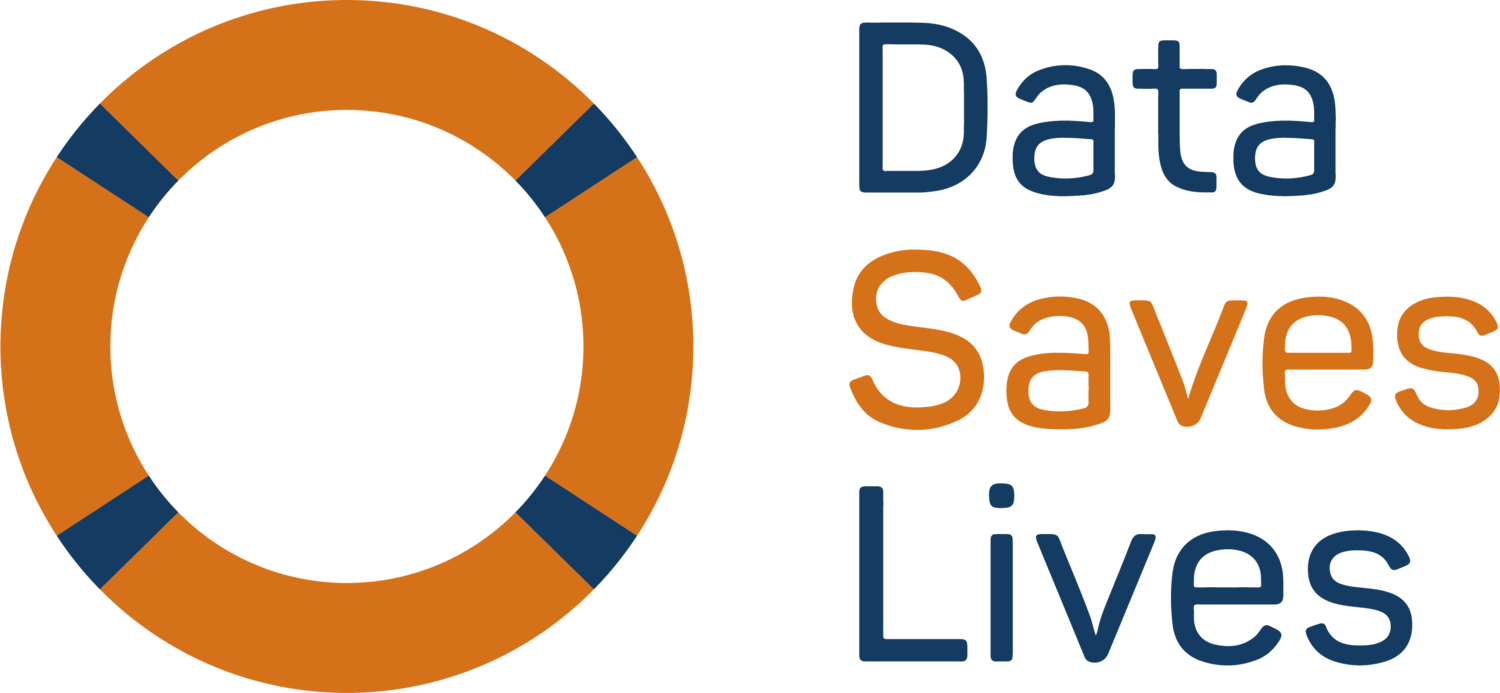DSL DE Kompass is a timely and practical resource focused on making health data and digital transformation accessible, understandable, and empowering for all.
Ensuring patient readiness for the European Health Data Space: interview with Milana Trucl
PEDRI: Improving public engagement in data research
At the Public Engagement in Data Research Initiative (PEDRI), we bring together a community of organisations and individuals who are all committed to improving public involvement and engagement in research using data and statistics.
Take part in a Survey on the Use of AI in Healthcare
Cybersecurity: An essential investment for protecting hospitals and patient safety
DSL 5th Anniversary Event: A summary report
In November 2024, Data Saves Lives celebrated its five-year anniversary event in Brussels. The two-day event provided an opportunity to reflect on the DSL journey of empowering health communities through data literacy. It brought together key stakeholders to discuss the progress made and explore the future of health data sharing in healthcare.
The EHDS Regulation and its implications for patients
Health democracy for health data in France
Access to healthcare data has been a major concern for patients and healthcare users’ associations for many years in France. As far back as 2008, when France Assos Santé set up a national task force dedicated to digital healthcare, the exploitation of the French National Healthcare Data System was already on our agenda. This fall, we have reached a new milestone with the launch of a new service in collaboration with the Health Data Hub, a significant step in our commitment to enable access to healthcare data and its uses.
Celebrating five years of impact
Towards a patient-centric healthcare system: A focus on Electronic Health Records
Healthcare systems are becoming increasingly dependent on information and communication technologies to deliver quality care to European Union (EU) citizens. As the volume of collected healthcare data expands, the need for transitioning from traditional paper-based to digitalised health records is clear.
DSL x EHDEN Patient Registries Bootcamp
On 5-6 December 2023, the third Data Saves Lives Ambassador Training Bootcamp was held in Brussels, Belgium, in partnership with the European Health Data & Evidence Network (EHDEN). The bootcamp centred on the process of establishing community-led patient registries. The ultimate aim was to empower participants with insights into the steps involved and the pivotal role of patient groups in shaping registry design for community benefit.
Empowering our members with the knowledge needed to embrace a brave new digital world
The promising future of health data and AI: the role of patient groups
What’s the greatest untapped resource in healthcare right now? Hint: you’re probably holding it on your phone
Concentric Circles View (CCV) – What does this mean for how we protect patients when using their health data
DSL Ambassador Training Bootcamp
On 28-29 March 2023, the second ever Data Saves Lives Ambassador Training Bootcamp was held on the top of Artificial Intelligence (AI) in Lisbon, Portugal. The purpose was to equip regional and national level organisations with a better understanding of the opportunities and challenges presented by the use of AI in healthcare and the potential role of patient groups in influencing the design and use of AI to improve the lives of their members. This blog gives an insight into the hot topics that were discussed as well as a summary of the key insights.





